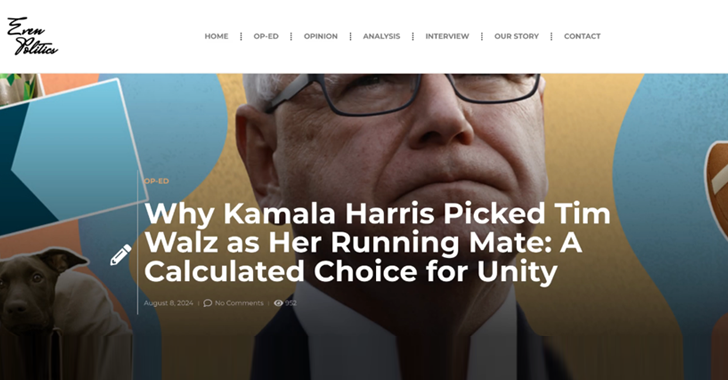OpenAI revealed that it had terminated a set of accounts linked to an Iranian covert influence operation that utilized ChatGPT to produce content, particularly surrounding the forthcoming U.S. presidential election. The company stated that these accounts were generating content as part of a stealth Iranian influence operation codenamed Storm-2035. The articles, which included commentary on U.S. presidential candidates and global events, would then be shared on social media platforms and websites.
What’s Happening & Why This Matters
Despite these efforts, OpenAI noted that the AI-generated content failed to achieve meaningful traction. Most social media posts received minimal to no engagement, indicating the limited impact of this propaganda. Moreover, they encountered evidence showing that the articles created using ChatGPT were rarely shared across social media platforms. The operation sought to reach individuals on opposite sides of the political spectrum by publishing content on five sites masquerading as progressive and conservative news platforms.
OpenAI declared that the AI model ChatGPT was responsible for generating English and Spanish comments posted across a variety of social media accounts. They detailed Storm-2035’s content focus, including the U.S. presidential election, the Israel-Hamas conflict, and several politics-related issues. The group aimed to lend authenticity to the content by interspersing their political posts with commentary on fashion and beauty topics. However, the company disclosed that their ChatGPT-driven content barely found traction on social media, with minimal to no engagement.
TF Summary: What’s Next
Overall, this reveals the increasing prevalence of malign foreign influence activity serving as a critical threat component of global regulations and technological platforms seeking to combat misinformation.
OpenAI stopped Iranian influence activity using AI-driven tools that generated and shared content designed to influence the U.S. presidential election. These ongoing concerns regarding online misinformation and propaganda and signals the technology industry’s effort to address this issue by ensuring the authenticity of online content.


